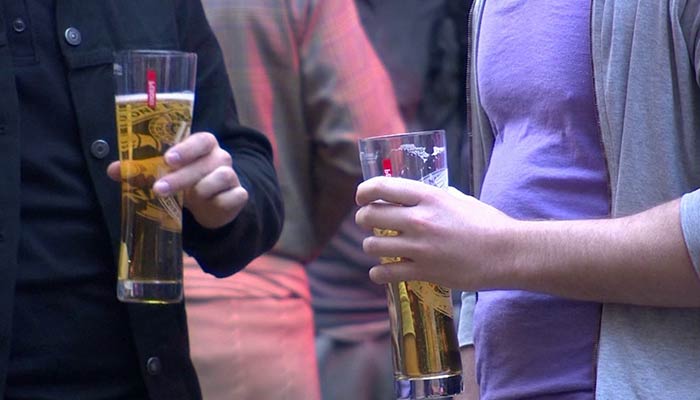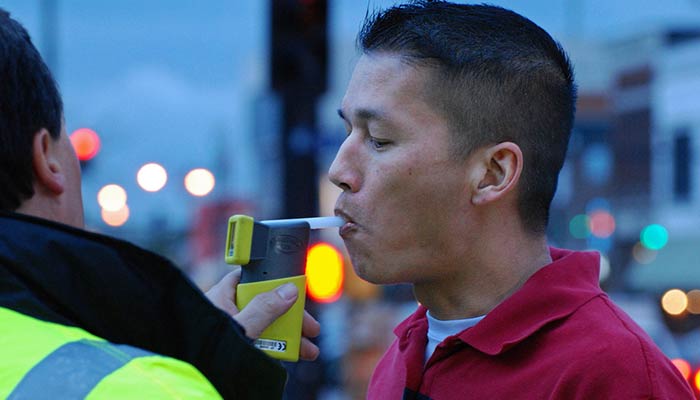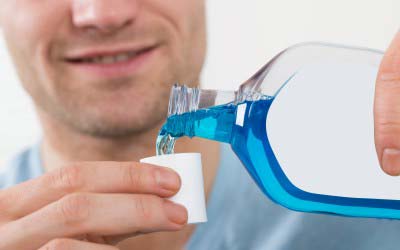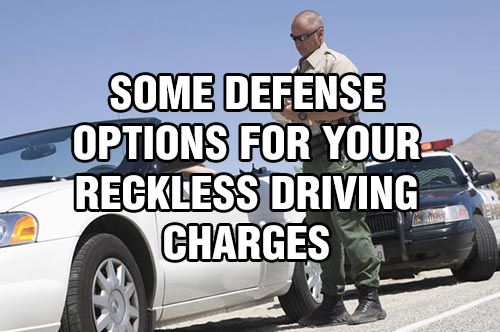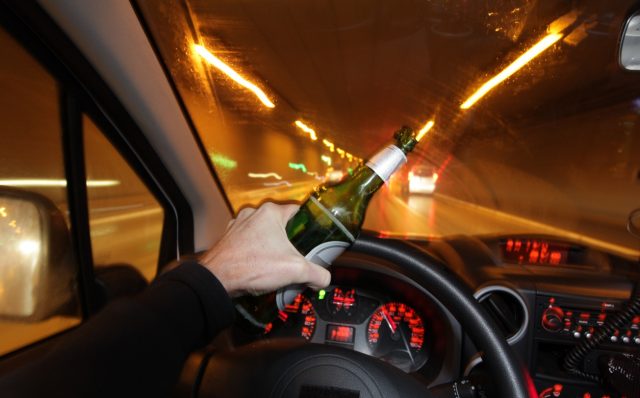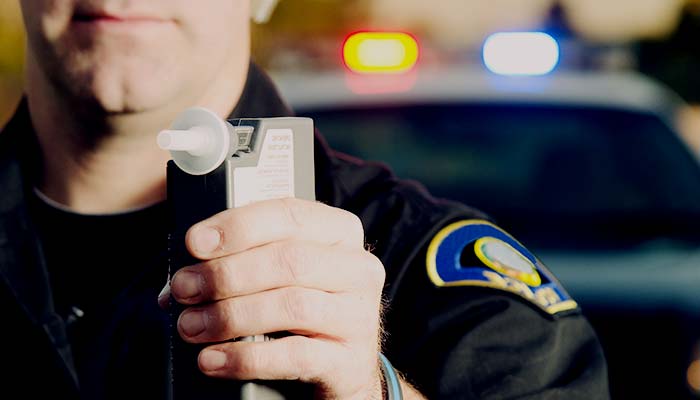We’d like to share several Tips to Control Blood Alcohol content. Despite the warnings, many people will still drink alcohol. People drink and use other drugs to feel good. Experimentation with alcohol during the teen years is common.
It does not matter what people say and do, people will drink, and it is important to control blood alcohol for safer drinking, to reduce alcohol poisoning and the other dangers that occur with consuming large quantities of alcohol. The following is a list of some basic useful tips to control blood alcohol level to ensure that you do not become too alcohol intoxicated and avoid drinking drive:
- Pace your drinking, allow time between drinks.
- Consider alternating non-alcoholic “decoy” drinks with those containing alcohol; for example, drinking plain orange juice or soda every other drink.
- Don’t drink on an empty stomach, foods with fats and/or proteins slow alcohol absorption.
- Keep track of how much you are drinking; know how much alcohol is poured into every glass.
- Dilute the alcohol, don’t drink it straight. After the first few drinks, reduce the amount of alcohol in each drink. (Your taste buds will be dulled and you won’t be able to tell the difference.) Switch to “light beer” or “low alcohol” wines after the first few drinks. (Again, your taste buds will be dulled and you won’t be able to tell the difference.)
- Avoid possible interactions between alcohol and other drugs (including certain foods and over-the-counter medications).
- Drink only if YOU want to… don’t let others dictate your choice.
- Keep active. Don’t just sit down and drink all night. If you keep active you will drink less and will be more aware of your level of intoxication.
- Don’t put yourself in a situation where you need a car accident attorney.
- Keep out of “Chugging” contests or other “drinking games.”
- Stop drinking before the party is over, to allow yourself time to burn off some of the alcohol. Drink non-alcoholic beverages the last hour or so.
- Keep in mind that an added ice cube, a slightly smaller glass, or a “decoy” drink will go undetected by others. They may help you to resist the well-meaning efforts of others at the party who can’t stand to see someone without a drink in their hand.
- Remember: Careful planning of a party can increase the pleasure for both the guests and the hosts. Control Blood Alcohol content to have a good measure of the amount of pleasure (or discomfort) that will result from a particular pattern of drinking. A blood alcohol level over of 0.12 % may increase the pleasure, but also the pain later.
- Responsible alcohol use means that you won’t be sorry in the morning.
Specific Effects of blood alchohol
When large amounts of alcohol are consumed in a short period of time, alcohol poisoning can result. Alcohol poisoning is very dangerous. Violent vomiting is usually the first symptom, as the body tries to rid itself of the alcohol. Extreme sleepiness, unconsciousness, difficulty breathing, dangerously low blood sugar, seizures, and even death may result.
The following is a description of the specific effects that are related to the Blood Alcohol Concentration (BAC). The effects of alcohol intoxication are greatly influenced by individual variations among users. Some users may become intoxicated at a much lower Blood Alcohol Concentration (BAC) level than is shown. This is why it is so important to Control Blood Alcohol content taking into account the individual physical parameters.
* 0.02-0.03 BAC: No loss of coordination, slight euphoria and loss of shyness. Depressant effects are not apparent.
* 0.04-0.06 BAC: Feeling of well-being, relaxation, lower inhibitions, sensation of warmth. Euphoria. Some minor impairment of reasoning and memory, lowering of caution.
* 0.07-0.09 BAC: Slight impairment of balance, speech, vision, reaction time, and hearing. Euphoria. Judgment and self- control are reduced, and caution, reason and memory are impaired. DUI avoid is yet possible.
* 0.10-0.125 BAC: Significant impairment of motor coordination and loss of good judgment. Speech may be slurred; balance, vision, reaction time and hearing will be impaired. Euphoria. It is illegal to operate a motor vehicle at this level of intoxication, so dui avoid is impossible.
* 0.13-0.15 BAC: Gross motor impairment and lack of physical control. Blurred vision and major loss of balance. Euphoria is reduced and dysphoria is beginning to appear.
* 0.16-0.20 BAC: Dysphoria (anxiety, restlessness) predominates, nausea may appear. The drinker has the appearance of a “sloppy drunk.”
* 0.25 BAC: Needs assistance in walking; total mental confusion. Dysphoria with nausea and some vomiting.
* 0.30 BAC: Loss of consciousness.
* 0.40 BAC and up: Onset of coma, possible death due to respiratory arrest.
See also:
Control Blood Alcohol
If you or a family member is arrested for DUI drive, you may need the services of a lawyer who specializes in DUI. A lawyer who specializes in defending charges of driving under influence will evaluate all of the evidence, including the procedure and results of field sobriety tests and chemical substances, to ensure protection of their rights. In addition, it is important to speak with a DUI attorney familiar with the state laws of your jurisdiction. Most offer free consultations, so your first step should be to visit the office of a DUI attorney.
